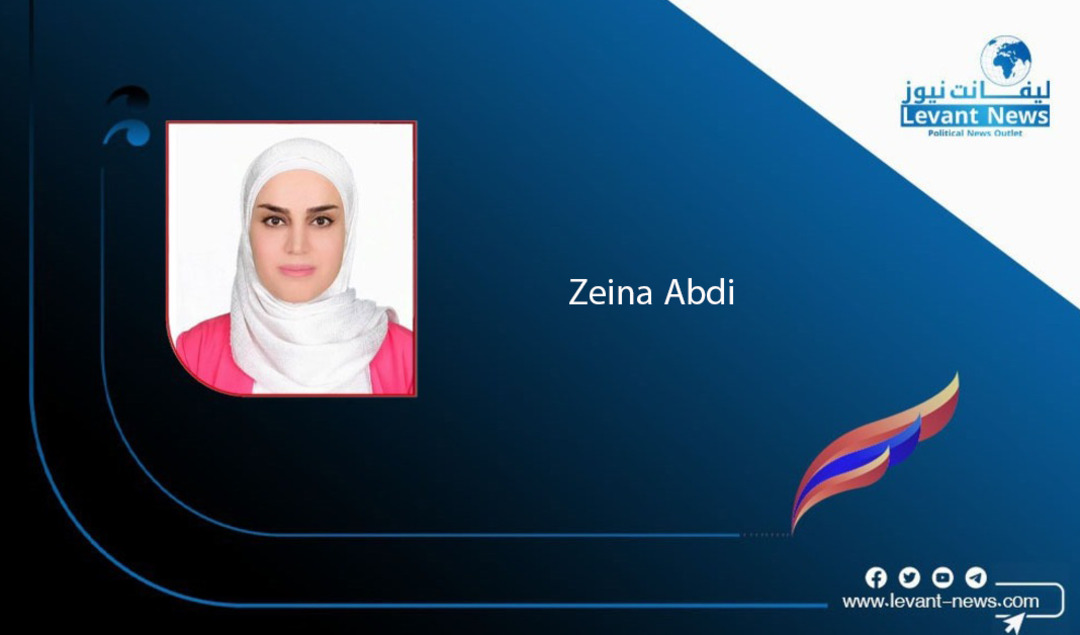-
The Transitional Phase Between Multiplicity and Exclusion... The Kurds Outside the Syrian Parliamentary Scene

Amidst the turbulent political changes in Syria, the focus of Syrians, Syrians, and the international community, as well as local, regional, and international media, has shifted toward the first legislative milestone (parliamentary elections) following the fall of the Assad regime on December 8, 2024. This period is characterized by the challenging transitional phase marked by chaos in the political, constitutional, and national dialogue processes, as well as reconstruction efforts.
Parliamentary elections are among the most pivotal moments during this current transitional phase in Syria because they are the primary tool for restoring political and constitutional legitimacy, including rebuilding trust between the new Syrian state and its people. However, the integrity and transparency of these elections are threatened primarily by the exclusion of the Kurds, who constitute an essential component of Syria’s geography and social fabric.
This process will remain incomplete and risk repeating conflicts and disputes as before if marginalization and exclusion continue.
The Importance of Parliamentary Elections in the Transitional Phase
Undoubtedly, after decades of conflicts and crises, parliamentary elections in any country represent a decisive turning point in the transition process. They are a crucial political step toward rebuilding or regaining legitimacy based on transparency and genuine representation of all Syrian components. They serve as a real test for change and transition from war to the creation of a civil state founded on a new social contract that guarantees justice, participation, and citizenship for all Syrians.
In the current Syrian landscape, these elections hold doubled significance because they are conducted after more than a decade of war. The success or failure of this electoral milestone will directly impact the shape and framework of the upcoming political system and its ability to achieve comprehensive national reconciliation.
The legislative milestone during this transitional period is not an end goal but primarily a tool for reshaping a new political scene based on citizenship, equality, and genuine participation without discrimination. It is a serious test of how to transition from marginalization and force to legality and partnership.
Through elections, the elected parliament must genuinely reflect Syria’s diverse social fabric, serve as an effective overseer of the transitional government, and play a pivotal role in drafting a new constitution and enacting national legislation that ensures accountability and justice.
Risks of Exclusion
For decades, the Kurds have sought participation in Syria’s political process. However, following the elections held on October 5th based on the constitutional declaration issued in March 2025 after the overthrow of the Assad regime, and after a civil war lasting fourteen years that resulted in the exclusion of the Kurds from political participation in this legislative milestone. This exclusion is not merely a human rights issue but a national matter with enormous political repercussions, threatening the success of the entire transitional phase.
The risks of exclusion involve weakening opportunities to build a fair, decentralized, and inclusive state rooted in genuine democracy and equal representation. This exclusion means the continued deliberate policies of centralization, which could reproduce an unjust and unstable political scene, thwarting all reform efforts within state institutions fundamentally.
The attempt at exclusion undermines the legitimacy of the electoral process and parliament. A parliament formed without the Kurdish component in Syria will not truly represent interior society, nor will it gain international community acceptance, threatening its ability to shape public opinion and make crucial decisions. It also weakens its capacity to monitor the transitional government or draft a new constitution.
Any marginalization or exclusion of the authentic Kurdish component by current transitional authorities regarding the electoral process will deepen the gap between them and the authorities, increasing national and regional divisions. When marginalized, Kurds will withdraw from any future political participation and will cling to their authentic identity within Syrian geography, perpetuating practices that undermine national unity promoted by transitional authorities. Both the authorities and society working toward unity risk these divisions and the wider social and regional conflicts that hinder the establishment of a social contract based on recognition, participation, and equality. Ignoring the Kurdish right to fair representation during this transitional stage and excluding them from political integration not only threatens the Kurds but also damages the electoral process and the building of the new Syrian state.
Toward a Non-Exclusionary National Contract
Building the future of any post-war state cannot be based on the ruins of a vanished regime built on discrimination and exclusion, but on foundations of participation, citizenship, and equal recognition of all Syrian parties. Continuing the exclusion of the Kurds and their political and electoral marginalization in the current transitional scene poses a lethal threat to the core idea of a united state, national unity principles, symbolic structures, and political legitimacy.
The absence of Kurdish participation, who have historically been an essential part of Syria’s political and cultural fabric, in any democratic process will pose a real threat to drafting a comprehensive constitution or forming a national council. This directly repeats past practices and mistakes that marginalized the role of Kurds and their representation, leading to the re-emergence of a new system based on denying diversity and difference in language and identity, thus threatening stability in the upcoming phase and undermining the national project.
Zeina Abdi
You May Also Like
Popular Posts
Caricature
opinion
Report
ads
Newsletter
Subscribe to our mailing list to get the new updates!




















